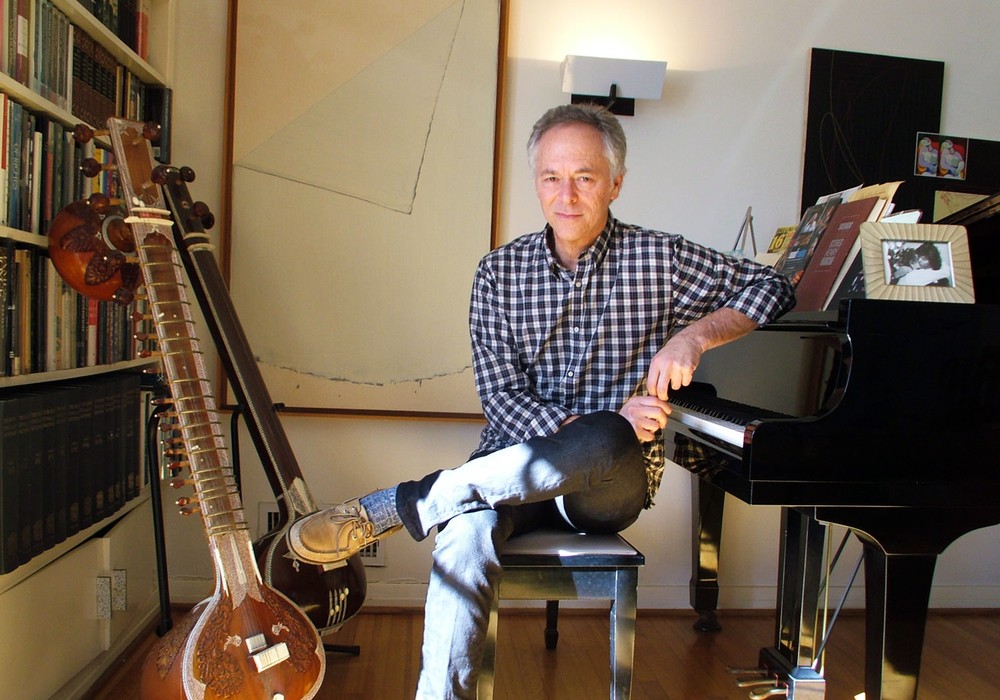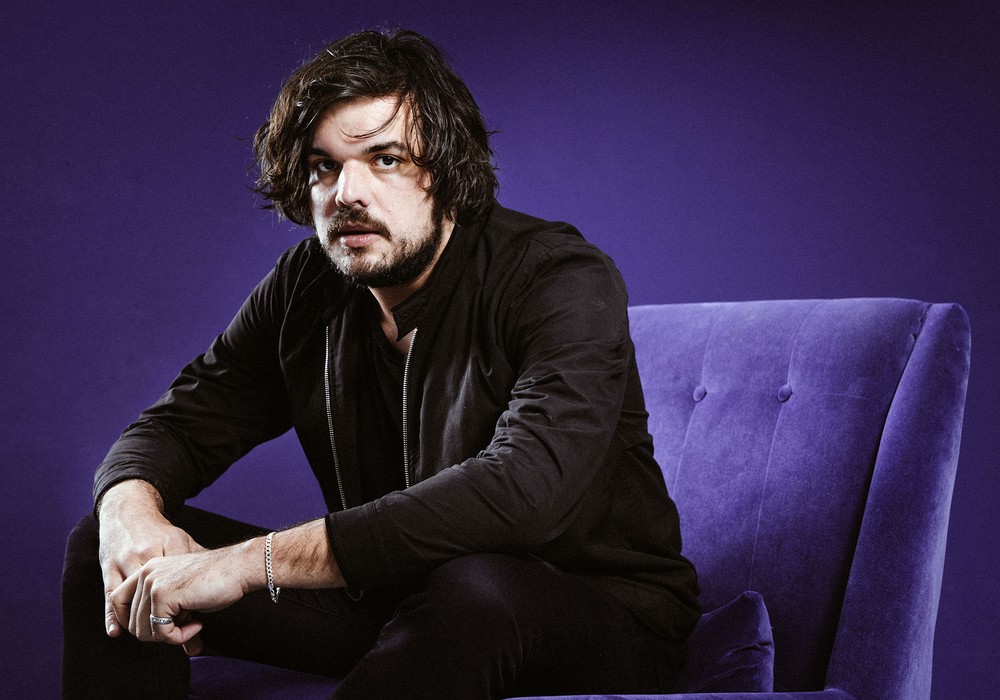Joe Henry may be the deepest guy I have ever discussed music with. His insights and, in fact, almost every response to my carefully researched questions that came out of his mouth highlighted his aphorisms about life, as well as his thoughts about music. It is rare that I start an interview talking about music production and finish the same interview feeling like I have been mentored by a wise man from another era. A genre-defying singer-songwriter with 14 albums to his credit, including 2017's Thrum, Joe has also produced many artists across many genres both at his former South Pasadena, California, home studio, the Garfield House (a mansion built in 1904 for President James Garfield's widow), and at many other studios and remote locations throughout the US and Europe. Having produced three Grammy Award-winning albums, Joe is known for working quickly and efficiently, encouraging his clients to record live in the studio over a period of just three or four days, in many cases. He often makes daring production decisions in real time while recording (rather than later on during the mixing process). Joe has worked with a long list of legacy artists and singer/ songwriters, including Solomon Burke, Allen Toussaint, Bonnie Raitt, Loudon Wainwright III, Aimee Mann, Ani DiFranco [Tape Op #12], Aaron Neville, Billy Bragg, and Joan Baez - the list goes on. He has even cowritten several songs with Madonna.
Stinson Beach, CA June 2018 by John Baccigaluppi
Let's begin with the concept of being "authentic" during the writing and recording process. What does that mean to you?
It means I let the work guide me not any notion of what might happen to it after its creation. It's so easy to think that music is valued based on the way it is received after the fact. We can all be led astray by any number of things that invite our focus to be about popularity or financial gain. I'm not pretending those aren't important to process, but what it means to me to be creatively authentic is to think about what the work means and less about what I mean.
You've talked before about the distinction of recordings that are in service of the song, as opposed to those that are in service of the artist.
Well, both need to be true for me as a producer. I'm very song oriented; it all begins with song for me. Any project I take on as a producer for somebody else begins with this: play me songs that matter to me, and then I can hear myself engaged with it. There are artists who I admire to a degree where I'm interested in what they're trying to accomplish, regardless of any particulars of this moment. But ultimately my work is defined by the invitation of song. I try to keep myself there. I think it's my job to encourage any artist on my watch to keep themselves there. There are plenty of times when it's so easy for things to distract you from that course. You start believing that all of these other things are more, or equally, germane to forward motion. But at the end of the day, it's back to the song. Just let the song speak. If we create a living space for it, where we don't have to sit there and babysit this idea anymore where it moves on and has its own life that's always the goal. Genre doesn't mean anything to me. Absolutely nothing. A voice and a song we can talk all day. I don't care what the dialect is of anybody's given vocabulary. If the song speaks to me, and the artist is committed and has a point of view, I'm interested.
You make records very quickly in most cases, four to seven days. You don't really believe in pre-production, and you try to capture the earliest, best version of the seed of a song during its first three to four takes, from what I'm gathering including tracking everything live in the studio as much as possible. You've said that this captures the initial discovery of the song.
It's all about discovery for me. Recording fast, and primarily live, is not based on any idea of purity. That's how most exciting music happens. If what you like is the engagement of people joining the table of a shared song and putting it up in the air together in real time, it turns out that the best way to accomplish that is to actually do that. It also happens to be a very responsible way to work financially. But the way I really came to it is that all of the [recording artists] that I loved when I was a really young person [recorded that way]. What excited me was when I understood this idea of people playing music together in real time. That's exciting to me. I don't think about songs as writing, recording, or as wanting to express myself. It's not as much about self-expression to me as it is discovery. To me, self-expression is very egocentric. It's a very limiting way for me to think about what I do. To be open to discovery and wherever that takes you giving authority to the song and the process that's endlessly interesting to me and to my ear as a listener.
Let's talk about producing other artists, as opposed to producing yourself. I know you were concerned that you might not have the time or energy to devote to your own projects.
I also thought that becoming a parent would limit my ability to write and work before I had children....
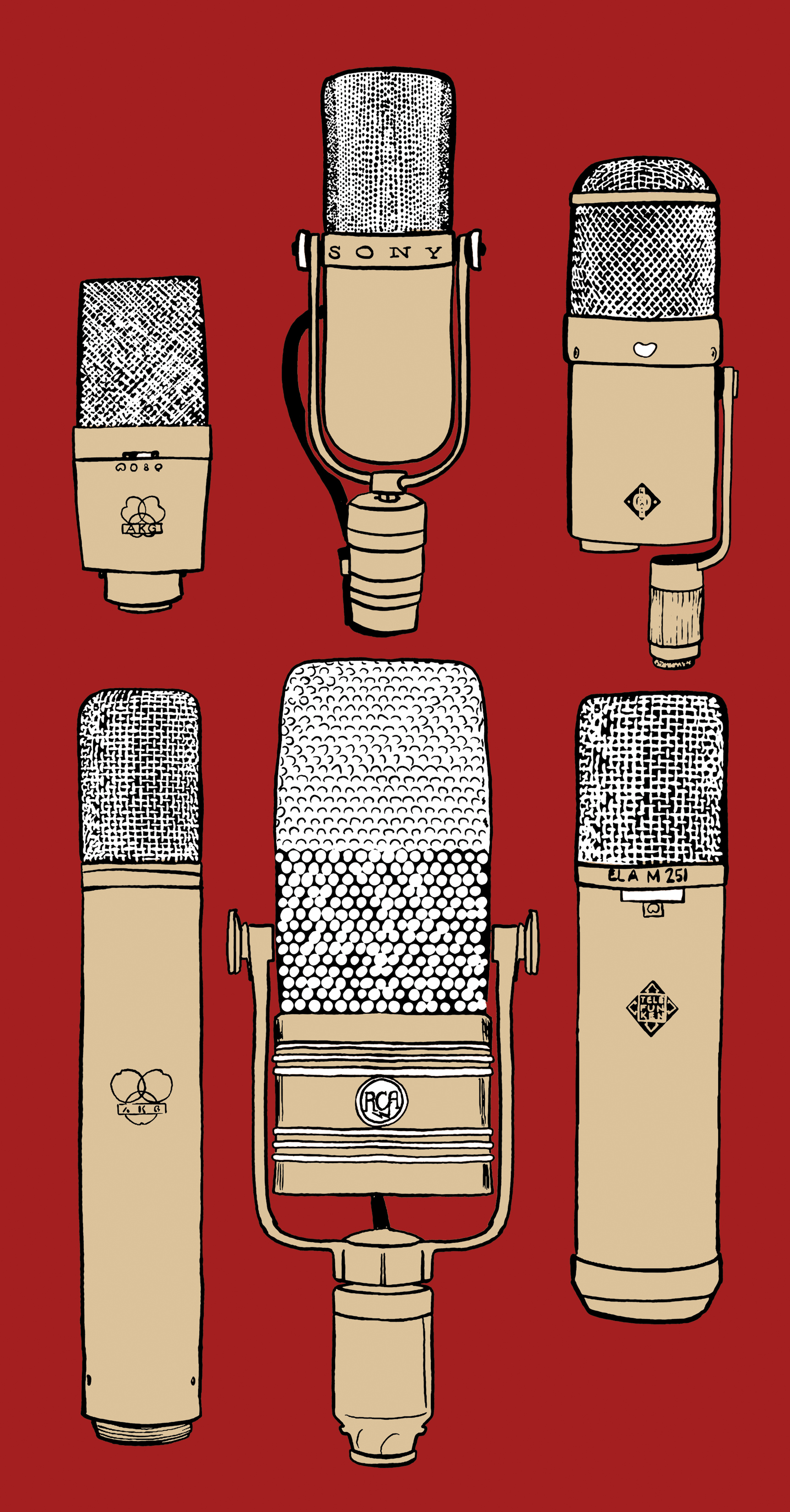

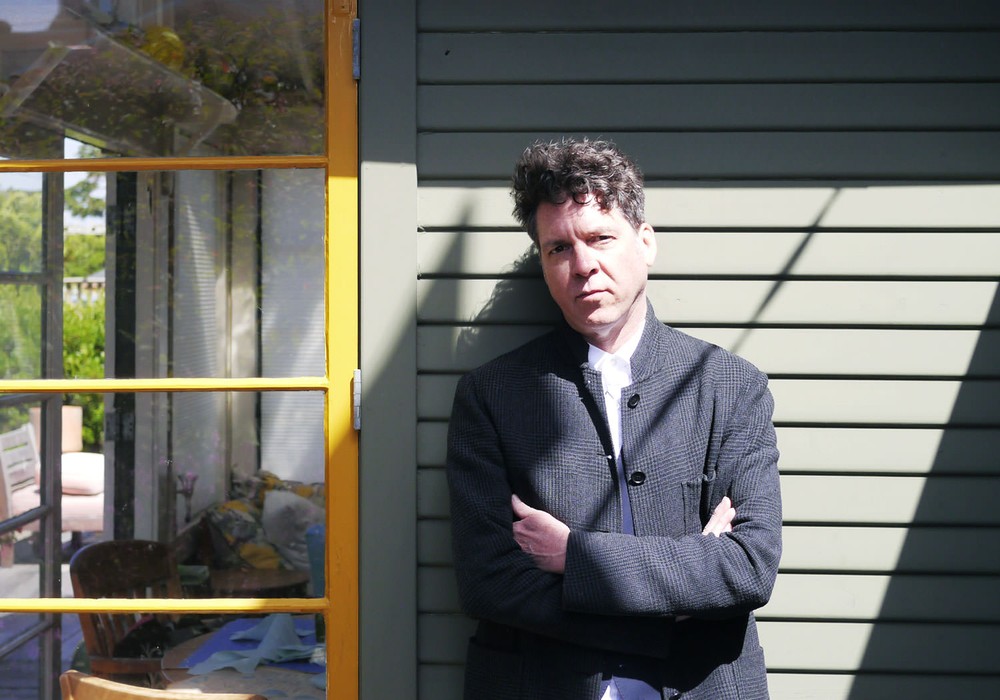
_display_horizontal.jpg)
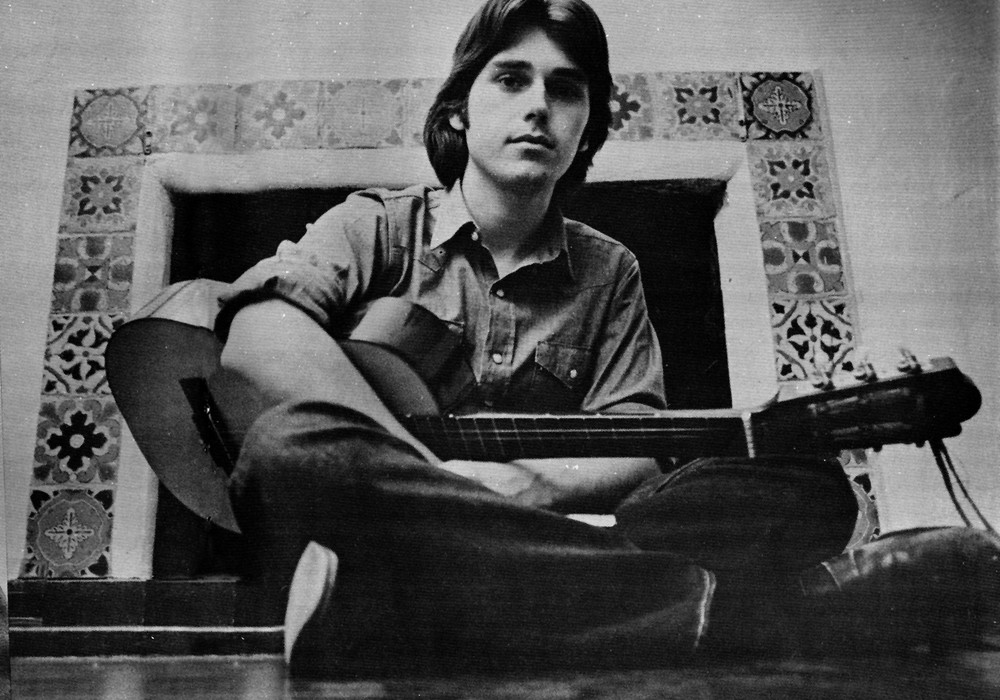
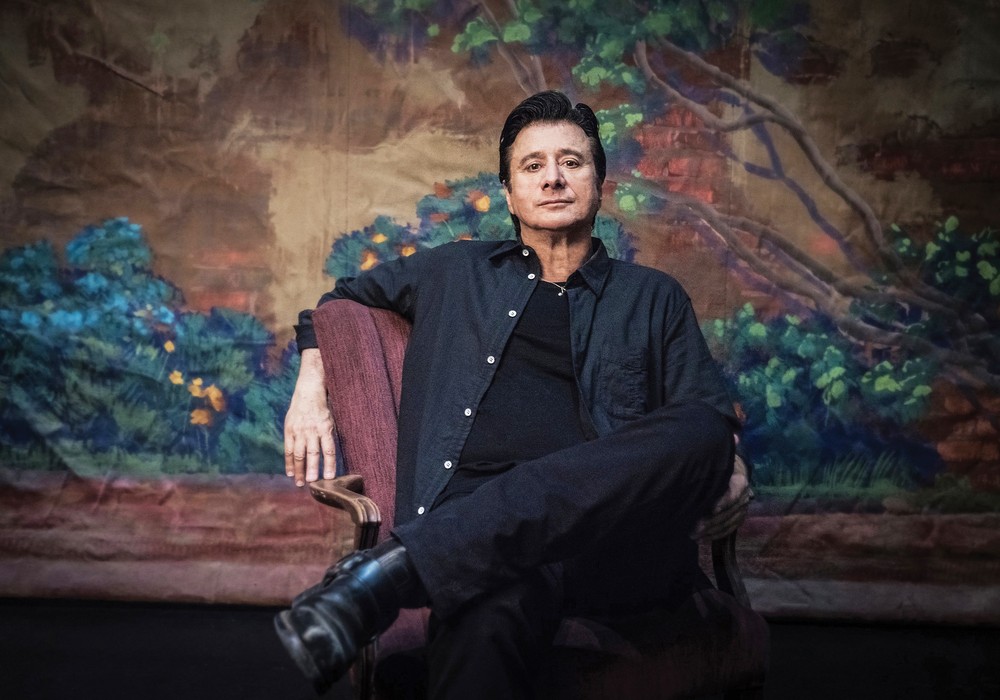
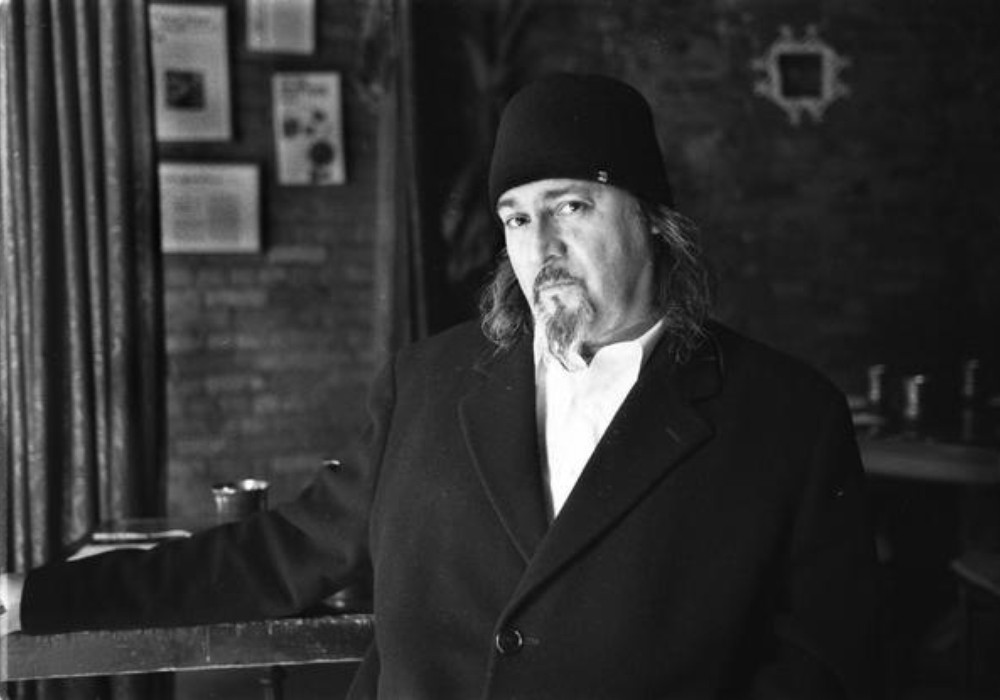
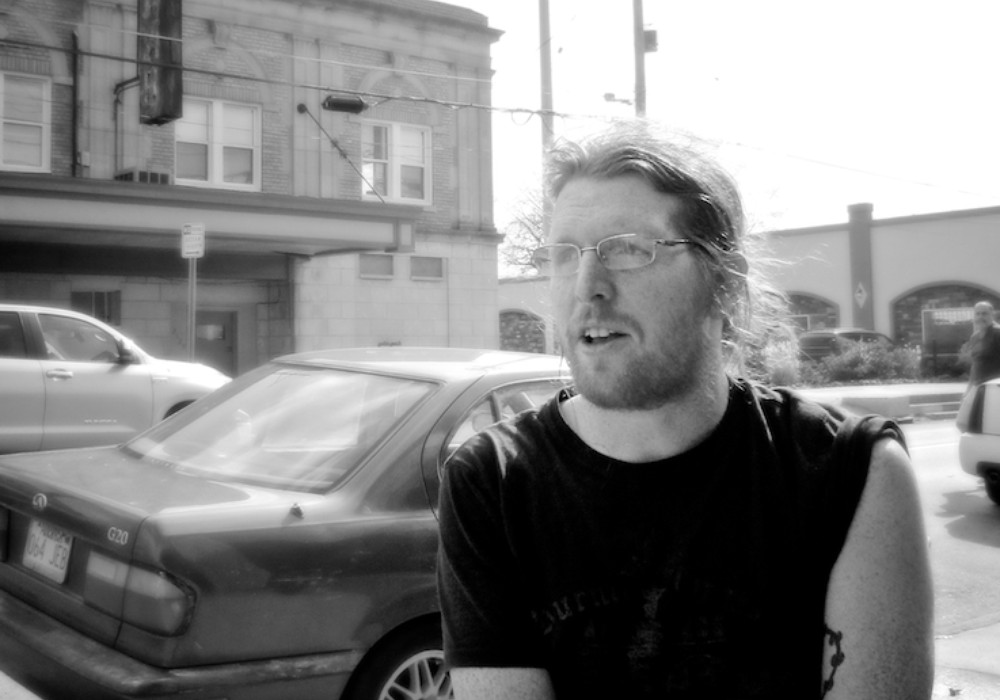
_display_horizontal.jpg)
